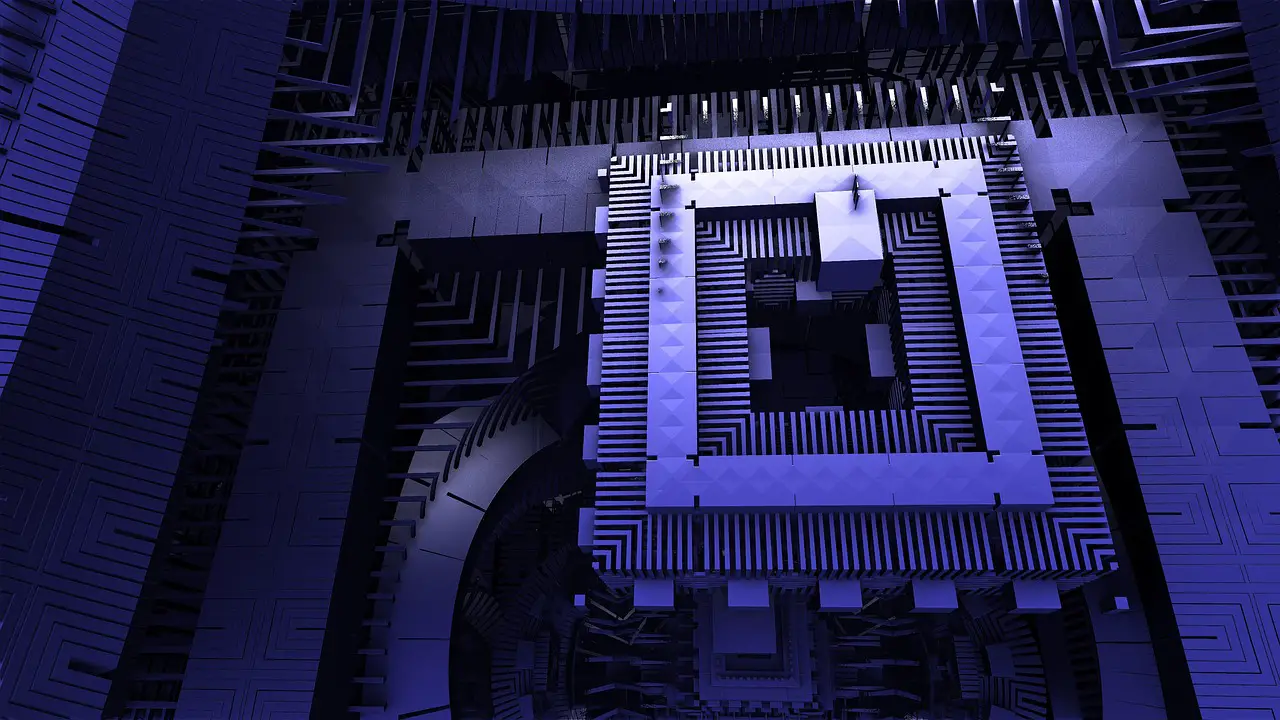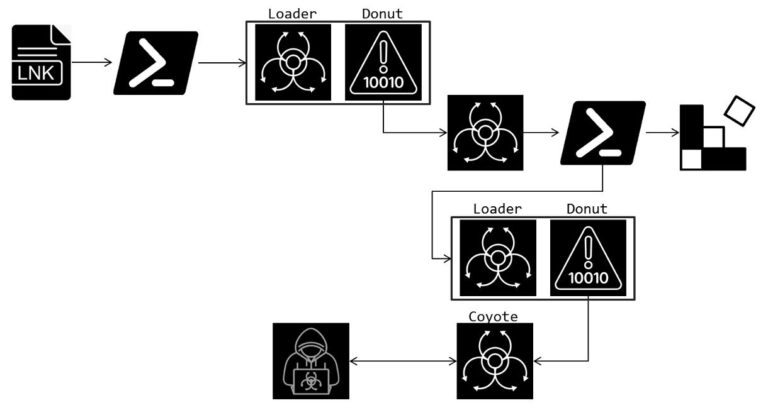
Recent media reports suggesting that Chinese scientists have broken “military-grade encryption” using quantum computers have sparked widespread resonance and speculation about the future of cybersecurity. However, a detailed analysis has revealed that such claims are greatly exaggerated.
The research referenced in these publications pertains not to military encryption, but to RSA algorithms—one of the most widely used systems for securing data, which relies on the difficulty of factoring large numbers into primes. The study by Chinese scientists describes advances in factoring numbers up to 50 bits using a hybrid approach that combines quantum and classical computing.
Eric Garcell, Director of Technical Marketing at Classiq, remarked that “factoring a 50-bit number is far from breaking military encryption.” He also noted that such exaggerated claims could harm the reputation of quantum research.
While the work of Chinese researchers does indeed represent progress, it does not pose a threat to modern cryptography. The primary RSA algorithms employ keys no smaller than 2048 bits, and breaking such systems remains technologically unfeasible at the current stage of quantum computing development.
The quantum annealer used by the Chinese scientists is optimized for solving combinatorial optimization problems but is not capable of running algorithms like Shor’s algorithm, which is designed for factoring large numbers. However, even the current achievements in this field are significant for the advancement of quantum technologies and may contribute to improving cryptographic methods.
John Soroko, Senior Expert at Sectigo, noted that “algorithms resistant to quantum attacks are already being developed and standardized.” He emphasized that efforts to create such algorithms continue under the aegis of the National Institute of Standards and Technology (NIST) in the U.S.
Meanwhile, the international scientific community continues to work on developing so-called post-quantum cryptography, which will be able to withstand attacks from both classical and quantum computers. The development of quantum computers capable of breaking real encryption systems remains far from practical realization.
Thus, while the achievements of Chinese scientists are noteworthy, they do not pose an immediate threat to the security of modern cryptographic systems. Global efforts to develop algorithms resistant to quantum attacks continue, ensuring the reliability of data protection in the future.


